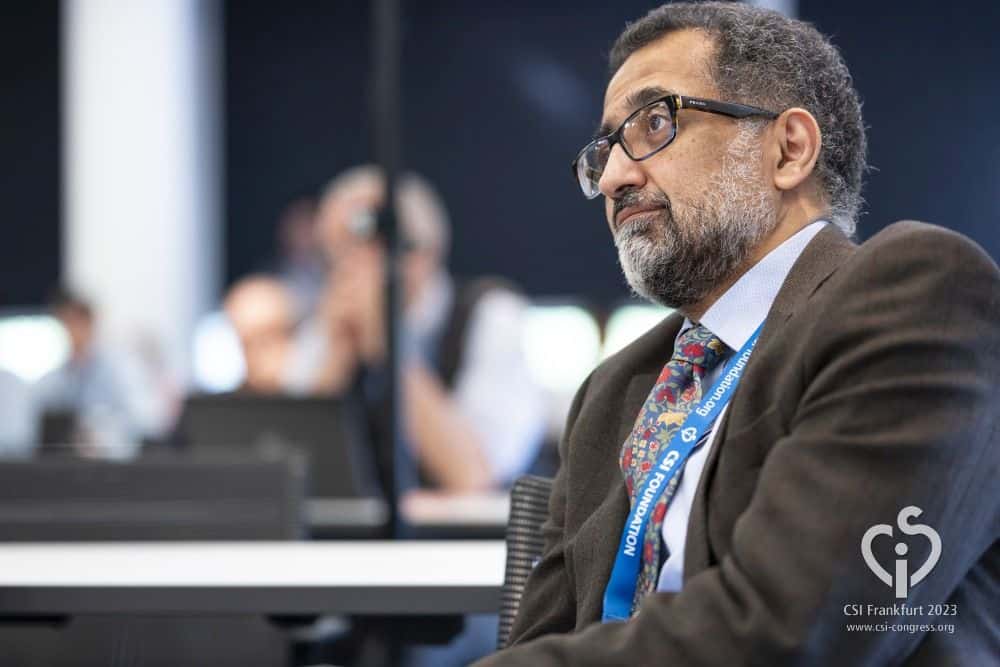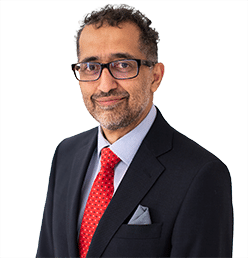In a life-threatening situation, timing and expertise are everything. Recently, Team GB medics showcased the importance of these two elements when an Uzbekistan coach suffered a cardiac arrest during a sports event. Their quick thinking and swift action undoubtedly saved a life.
What is Cardiac Arrest?
A cardiac arrest happens when the heart suddenly stops beating, causing the person to collapse.
There are three types of cardiac arrest:
In this type, the heart’s electrical activity becomes chaotic and uncoordinated, causing the heart to stop beating. Immediate defibrillation can reset the heart to its normal rhythm. This is what the Uzbekistan coach experienced, and it’s the most survivable form of cardiac arrest—provided CPR is given immediately, and defibrillation is done quickly. Team GB medics were on hand to provide exactly that.
- Asystole
This is when there’s no electrical activity in the heart at all. Unfortunately, this is usually an end-stage scenario and cannot be saved. If ventricular fibrillation isn’t treated promptly, it can progress to asystole.
- Pulseless Electrical Activity (PEA)
Here, the heart’s rhythm may look normal, but there is no pulse or cardiac output. Various factors can cause PEA, and a rapid diagnosis and correction of the cause are crucial.
Is Cardiac Arrest the Same as a Heart Attack?
No, a cardiac arrest is not the same as a heart attack.
A heart attack occurs when a coronary artery is blocked. This can lead to electrical instability in the heart and result in ventricular fibrillation, which may then cause a cardiac arrest. That’s why it’s essential to be in a hospital if you’re experiencing a heart attack.
How Can I Avoid a Cardiac Arrest?
The best way to avoid a cardiac arrest is to keep your heart healthy. If there’s a strong family history of sudden cardiac death, it’s important to get assessed. You should also control all the heart health risk factors: blood pressure, weight, smoking, blood sugar, and cholesterol.
If you have any concerns or want to discuss your heart health, I encourage you to come and see me. Taking action now could make all the difference.
Article by Dr Malik, a UK leading cardiologist. He works at One Welbeck Heart Health – London’s Largest Private Cardiology Group, and at Hammersmith Hospital, Imperial College Healthcare NHS Trust, London, one of the largest NHS Trusts in the UK.


